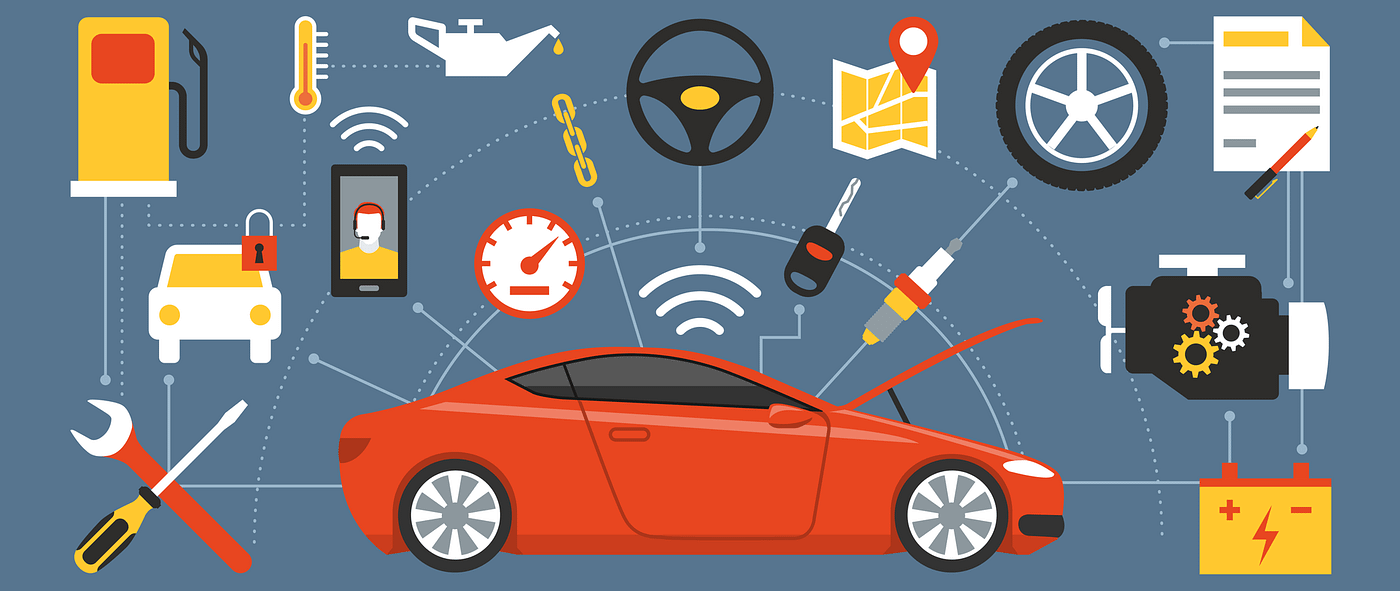All Categories
Featured
Your auto's exhaust system is important for making sure ideal efficiency, enhancing fuel performance, and lowering harmful emissions. It guides exhaust gases away from the engine and lowers noise, making your cars and truck much safer and a lot more environmentally pleasant. Over time, exposure to roadway elements, wetness, and warmth can take a toll on your exhaust system, leading to rust, rust, or leakages. Fortunately, there are several aggressive steps you can take to prolong the life of your exhaust system and stay clear of expensive repairs. Here's just how:
![]()
![]()
![]()
Conclusion. Taking positive steps to care for your car's exhaust system can save you from pricey repair services and ensure your lorry runs efficiently for years to come. By investing a little time and effort in your automobile's exhaust system, you can stay clear of pricey repairs and take pleasure in a smoother, a lot more effective driving experience.

- Conduct Regular Evaluations. A basic yet efficient means to make sure the durability of your exhaust system is to inspect it on a regular basis. Look for any type of signs of corrosion, rust, or physical damage like splits or holes in the exhaust pipelines and muffler. Any type of uncommon audios such as rattling or loud sounds while driving might additionally be signs of issues in the exhaust system. You can avoid small issues from transforming into significant repair work. if you identify any of these signs early.
- Safeguard Versus Rust and Rust. Corrosion is one of the leading causes of exhaust system failing. To protect your exhaust system, take into consideration washing the underside of your lorry routinely, especially after driving in damp or salty conditions. If feasible, pick an exhaust system that uses included deterioration defense.
- Avoid Short Trips. Regular short trips, particularly in cool weather condition, can cause dampness to develop up in the exhaust system. When the exhaust system doesn't get warm enough throughout short drives, it can trigger condensation to form inside the pipelines, leading to rust.
- Drive Meticulously and Sensibly. Hostile driving, such as hard acceleration and sudden braking, places unneeded stress on your automobile's components, consisting of the exhaust system. Driving smoothly and staying clear of abrupt stops and begins can assist lower the strain on the exhaust system, contributing to its long life.
- Pay Attention for Unusual Appears. Pay focus to any type of uncommon noises coming from your exhaust system. Attending to leaks as soon as they occur can stop additional damage to the exhaust system.
- Maintain and check Exhaust Hangars. Exhaust hangars are the rubber installs that sustain the exhaust system, keeping it securely in area beneath the automobile. If these hangars become worn or damaged, the exhaust system might end up being or sag misaligned, creating tension on the elements and leading to early wear. If needed to prevent unneeded pressure on the exhaust system., examine the exhaust hangars occasionally and replace them.

- Replace Worn-out Components Quickly. If you discover any parts of your exhaust system that are worn or harmed, such as the muffler, catalytic converter, or exhaust pipe, it is very important to change them immediately. Ignoring damaged parts can result in more damages to the exhaust system and also engine performance issues. Normal maintenance and replacing defective components when needed will help maintain the exhaust system working appropriately and stop larger, more costly problems down the roadway.
- Keep Your Engine. A correctly running engine straight impacts the longevity of your exhaust system. If your engine is misfiring or otherwise running smoothly, it can trigger extreme exhausts that put extra stress on the exhaust system. Routine upkeep, such as oil adjustments, ignition system substitutes, and air filter checks, makes certain that your engine is running efficiently, which consequently helps preserve the exhaust system. Maintaining your engine in great problem minimizes the danger of extra wear on the exhaust parts.

Conclusion. Taking positive steps to care for your car's exhaust system can save you from pricey repair services and ensure your lorry runs efficiently for years to come. By investing a little time and effort in your automobile's exhaust system, you can stay clear of pricey repairs and take pleasure in a smoother, a lot more effective driving experience.
Latest Posts
Cost Effective Luxury: Discover the Advantages of Laminate Flooring
Published Apr 21, 25
1 min read
Simple And Easy Coin Conversion with Coinstar and WyHy Federal Credit Rating Union
Published Apr 21, 25
1 min read
Maximize Your Cost Savings with Love My Cooperative Credit Union Incentives
Published Apr 21, 25
1 min read
More
Latest Posts
Cost Effective Luxury: Discover the Advantages of Laminate Flooring
Published Apr 21, 25
1 min read
Simple And Easy Coin Conversion with Coinstar and WyHy Federal Credit Rating Union
Published Apr 21, 25
1 min read
Maximize Your Cost Savings with Love My Cooperative Credit Union Incentives
Published Apr 21, 25
1 min read